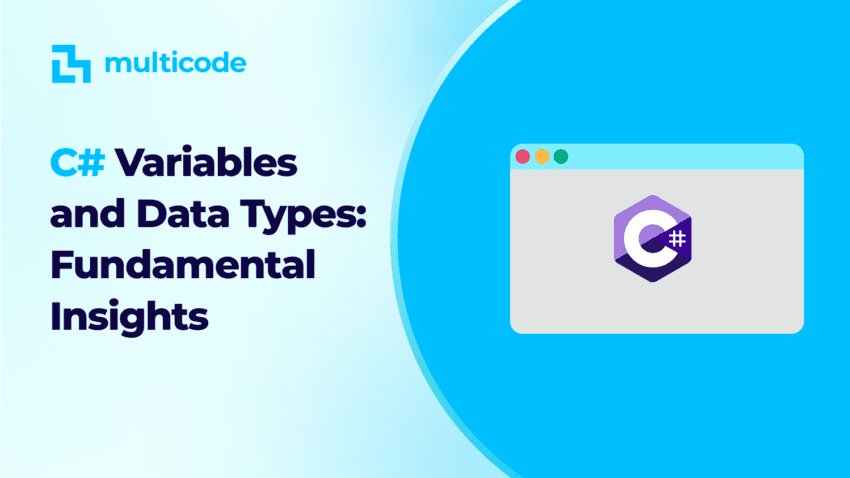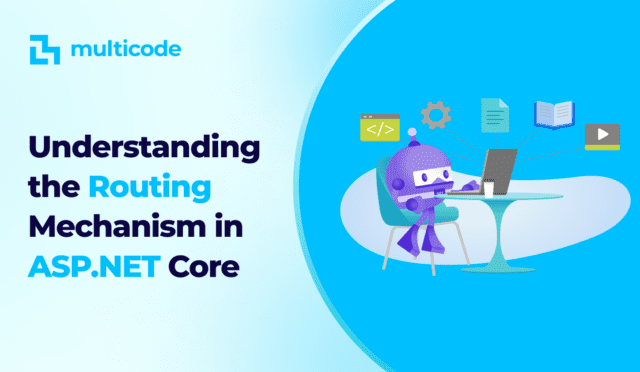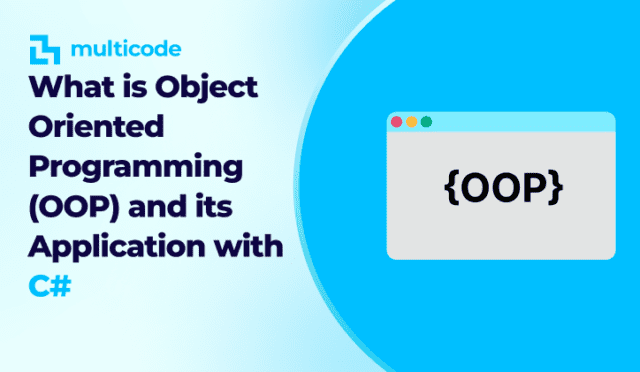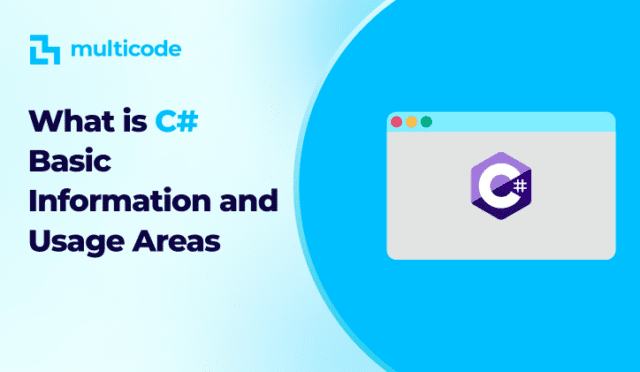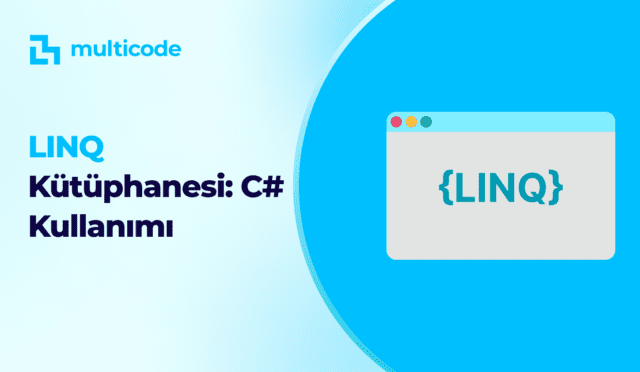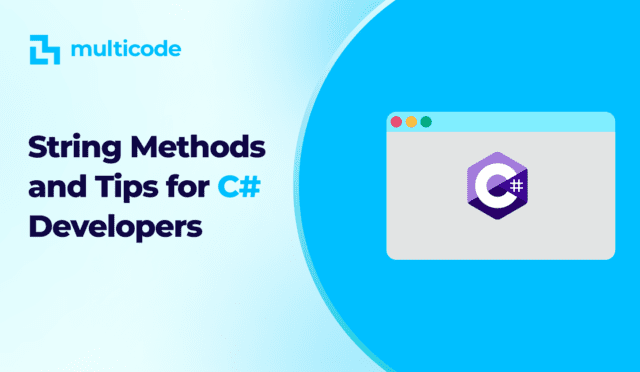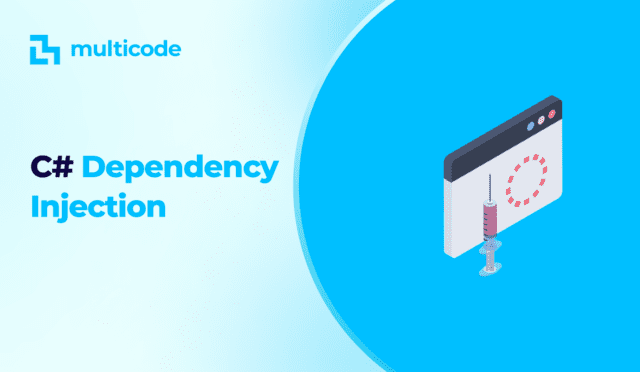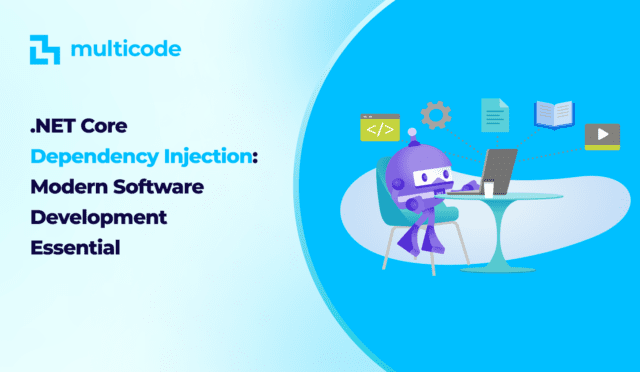C# Variables and Data Types: Fundamental Insights
In the realm of C# programming, understanding variables and data types serves as the bedrock of knowledge. Mastering these foundational concepts is crucial in the programming journey. In this article, we will delve into the fundamental data types and variables in C#.
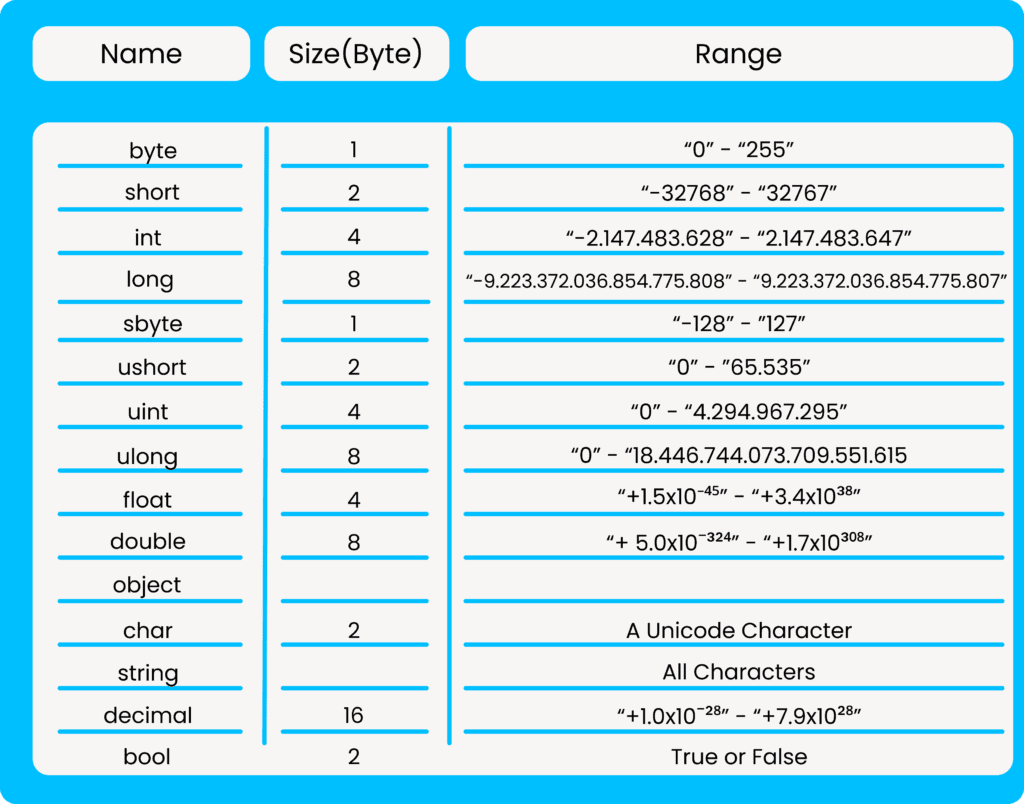
C# Data Types: Explained
C# encompasses a range of data types designed to represent different kinds of information. Here are some core data types:
Integer Data Types:
int: Represents 32-bit signed integers.long: Represents 64-bit signed integers.short: Represents 16-bit signed integers.byte: Represents 8-bit signed integers.
Decimal Data Types:
float: Represents 32-bit floating-point numbers.double: Represents 64-bit floating-point numbers.decimal: Represents 128-bit decimal numbers.
Character Data Type:
char: Represents a single character.
Boolean Data Type:
bool: Represents logical values (true or false).
Arrays:
int[],string[], etc.: Arrays are used to store multiple values of the same type.
Understanding C# Variables
Variables are named entities that store values of a particular data type. When a variable is created, it allocates a space in memory to hold the value.
int number; // Creating an integer variable
double average; // Creating a floating-point variable
char letter; // Creating a character variable
bool isCorrect; // Creating a boolean variableIn the examples above, we created variables of different data types. Each variable can store values specific to its data type.
Assigning Values to Variables
Assigning values to variables is a critical step before utilizing them. Below are examples of assigning values to variables:
number = 42; // Assigning the value 42 to the 'number' variable
average = 3.14; // Assigning the value 3.14 to the 'average' variable
letter = 'A'; // Assigning the character 'A' to the 'letter' variable
isCorrect = true; // Assigning the value 'true' to the 'isCorrect' variableBy assigning values in this manner, we can later access and manipulate these values within the program.
Bu makalede, C# programlama dilindeki temel veri türlerini ve de
Preparation Before Learning C#
Before diving into learning the C# programming language, it’s beneficial to grasp fundamental programming concepts. These include data types, variables, loops, and conditional statements.
Conclusion
This article has provided an in-depth understanding of the fundamental data types and variables in the C# programming language. Mastering these core concepts lays a strong foundation for creating more complex programs.
What are some fundamental data types in C#?
In C#, there are various fundamental data types to represent different kinds of information. Some examples include integers, floating-point numbers, characters, and boolean values.
How are variables defined in C#?
Variables in C# are used to store values of a specific data type. They are defined using a syntax like data_type variable_name. For example, int age; defines an integer variable named ‘age’.
What are the integer data types in C# and how do they differ?
C# has several integer data types, including int, long, short, and byte. These differ in the range of values they can hold due to their varying bit sizes.
How do you assign values to variables in C#?
Values are assigned to variables using the assignment operator =. For example, age = 25; assigns the value 25 to the variable ‘age’.
What is the purpose of arrays in C#?
Arrays in C# are used to store multiple values of the same data type. They allow you to work with collections of data efficiently.
Why is it important to assign values to variables before using them?
Assigning values to variables is crucial because when a variable is first created, it occupies a space in memory but holds no meaningful value. Assigning a value gives it purpose.
What is the difference between int and double data types in C#?
The int data type represents whole numbers, while double can represent decimal numbers as well. For instance, int can represent 5, whereas double can represent 5.5.
How do you represent characters in C#?
Characters are represented using the char data type in C#. For example, char letter = ‘A’; assigns the character ‘A’ to the variable ‘letter’.
What is the significance of the boolean data type in C#?
The bool data type in C# is used to represent logical values. It can only hold either true or false, making it essential for decision-making in programs.
Why is it recommended to grasp fundamental programming concepts before learning C#?
Before delving into C# programming, understanding basic concepts like data types, variables, loops, and conditional statements provides a strong foundation for writing more complex programs.
